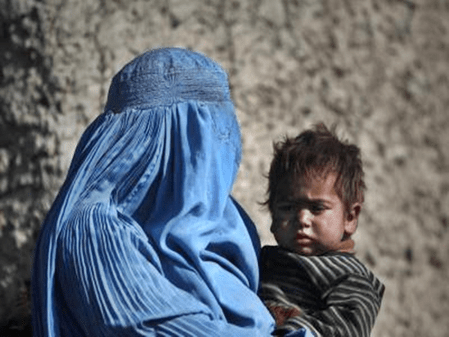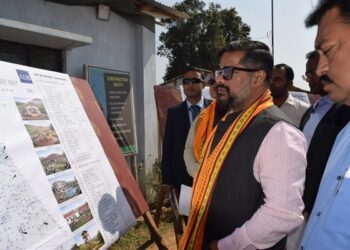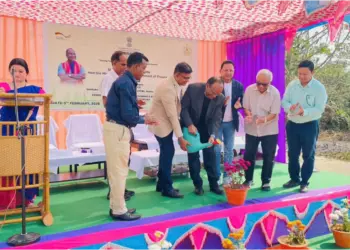New Delhi, Oct 8 — The World Bank has raised serious concerns over Pakistan’s deteriorating economic situation, stating that despite receiving significant financial support from the IMF, the country has failed to reduce poverty. The Bank’s latest report highlights that Pakistan’s headcount ratio (HCR) has risen to 25.3 per cent, the highest in eight years—marking a 7 per cent increase since 2023.
The report, titled “Reclaiming Momentum Towards Prosperity: Pakistan’s Poverty, Equity and Resilience Assessment” (released on September 23), reveals that Pakistan’s economic growth model has failed to uplift the poor. Instead of focusing on rural development and job creation, the government has prioritized defence spending, worsening inequality and economic stagnation.
Pakistan’s poverty reduction momentum, once seen as promising, has now reversed. The country had reduced poverty from 64.3 per cent in 2001 to 21.9 per cent in 2018, with rapid progress until 2015. However, the pace slowed dramatically thereafter, and a combination of economic instability, Covid-19, severe floods, and record inflation has pushed millions back into poverty.
The World Bank notes that even the middle class—comprising 42.7 per cent of Pakistan’s population—struggles to achieve financial security, revealing widespread vulnerability across income groups. Around 14 per cent of people in 2018 were at risk of slipping back into poverty when faced with economic shocks.
“The economic model that once delivered early wins has reached its limits,” the report states, urging Islamabad to undertake bold structural reforms to tackle imbalances, strengthen resilience, and promote inclusive growth.
The Bank’s assessment—the first of its kind since the early 2000s—offers a strategic roadmap combining traditional and modern data tools to help policymakers design targeted interventions that can restore stability, equity, and long-term prosperity for Pakistan’s citizens.


















